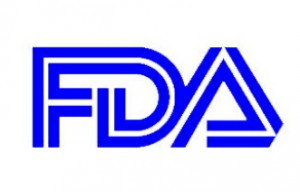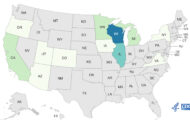Today is World AIDS Day and because those with compromised immune systems are at greater risk for food poisoning, the U.S. Food and Drug Administration (FDA) has compiled some food safety tips for those with HIV/AIDS or those who prepare food for them.
 Avoid high-risk foods. Raw foods and beverages such as raw dairy, raw shellfish, raw meat and poultry and raw fruit sand vegetables are can all carry harmful viruses and bacteria. Other high-risk foods include deli salads, lunch meat that is eaten without being reheated, smoked fish and sprouts which have been linked to three food poisoning outbreaks this year.
Avoid high-risk foods. Raw foods and beverages such as raw dairy, raw shellfish, raw meat and poultry and raw fruit sand vegetables are can all carry harmful viruses and bacteria. Other high-risk foods include deli salads, lunch meat that is eaten without being reheated, smoked fish and sprouts which have been linked to three food poisoning outbreaks this year.
When dining out, make sure to avoid high risk foods including rare hamburgers and runny eggs. If your food isn’t hot when it is served ask that it be heated up before you eat.
At home, the Clean, Cook, Separate, Chill rule is especially important. Start with a clean kitchen, clean work area and clean hands. Wash your hands with warm soapy water for at least 20 seconds before you begin to prepare food. Make sure that food are cooked to a safe final internal temperature and test that temp with a food thermometer.
Keep raw raw meats separate from other foods. Cross-contamination can occur when bacteria from raw meat or poultry come into contact with other foods. Use separate plates an utensils for raw and cooke foods.
Don’t let food sit at room temperature for longer than two hours, one hour if it is warmer than room temperature. Put leftovers in a sealed container a sealable bag and refrigerate them. Bacteria grow rapidly in “The Danger Zone” temperatures 40˚F- 140˚F.




